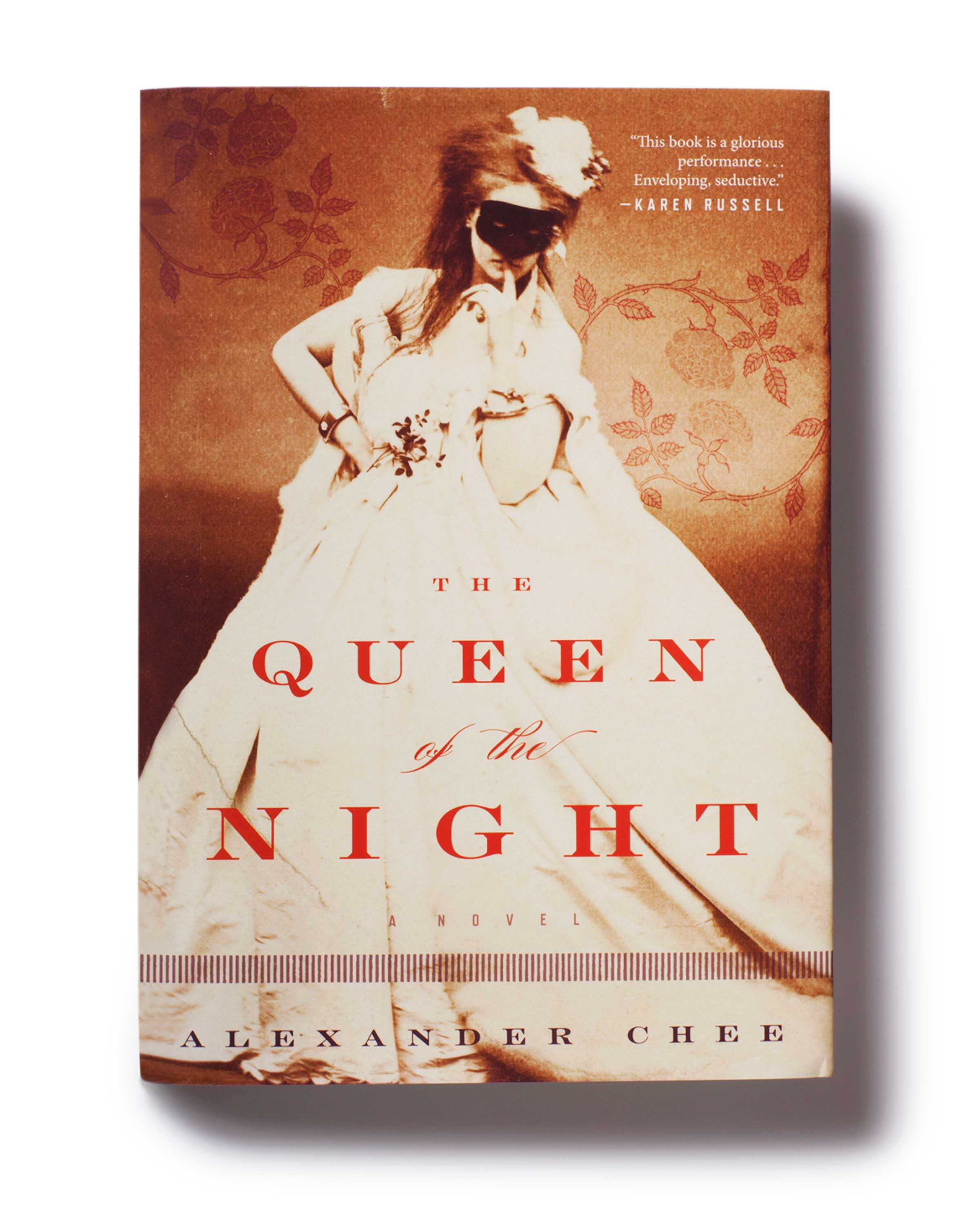
Classic operas concern themselves not with the verisimilitude of human emotions but with spectacle, intrigue and fate. In his new novel about a fin de siècle soprano who calls herself Lilliet Berne, Alexander Chee employs that formula to stage an opera of the page, complete with seduction, hidden identity, betrayal and plenty of costume changes.
It’s 1882 in Paris, and Lilliet is a diva at the top of her game. She’s played the best characters in opera houses around Europe, and all that remains to cement her reputation is to create a role of her own. But when a writer approaches her offering her the chance to originate a part in his new opera, she is alarmed by the plot: it seems to be based on her own secret past, informed by events only four people could know about: “The first still loved me but had betrayed me, the second had once owned me. The third, I would say, never thought of me at all.” The fourth is dead–or so she believes.
As Lilliet investigates her former friends and lovers, she begins to tell the reader her true story: Her rise to the pinnacle of French society began not in the salons of Paris but on the prairies of Minnesota. (Who but an American could so expertly shift her identity?) Her mother punishes her for taking too much pleasure in her own singing; she retaliates by faking a fever that destroys her voice entirely. Fate, God or “the gods”–she can never decide which guides her life–strike back by killing her entire family with true sickness. Tragedy spurs her journey east, first to New York City then on to Paris, where she takes on new aliases, performing in a circus as an equestrian who won’t speak but who dazzles Napoleon III with her singing voice. She takes employment in a brothel where her madam sells her to an obsessive customer who sets her up as his courtesan and begins to train her voice. Before long, Lilliet is a prima donna, adored by the masses, friendly with the likes of Giuseppe Verdi, dressed in extravagant finery and pining for the only man she ever loved, who remains out of reach. Believe it or not, that wasn’t an extensive spoiler–merely a prelude to the twists that lie ahead.
Like Georges Bizet’s Carmen or Pamina in The Magic Flute, Lilliet is more persona than personality: her love is passionate but shallow, and her motives don’t stand up to scrutiny. It’s the ball gowns and roses, magic tricks and ruses, hubris and punishment that will keep the reader absorbed until the final aria, waiting to see whom fate will curse and whom it will avenge.
More Must-Reads from TIME
- Inside Elon Musk’s War on Washington
- Meet the 2025 Women of the Year
- Why Do More Young Adults Have Cancer?
- Colman Domingo Leads With Radical Love
- 11 New Books to Read in Februar
- How to Get Better at Doing Things Alone
- Cecily Strong on Goober the Clown
- Column: The Rise of America’s Broligarchy
Contact us at letters@time.com